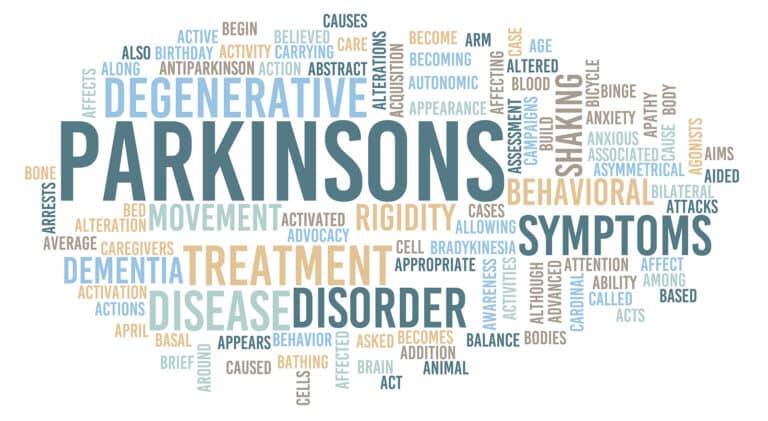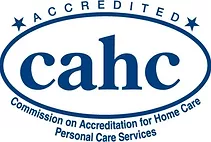Parkinson’s Awareness Month is observed in April. Parkinson’s Awareness Month is an opportunity to increase awareness about the ailment and its symptoms, as well as to support victims. Parkinson’s is a long-term disorder where the central nervous system degenerates and that affects the motor system. Motor symptoms like trembling, stiffness, and rigidity are usually associated with Parkinson’s disease. Symptoms typically occur slowly. One side is often affected first, but as Parkinson’s disease progresses, both sides are affected. Celebrities such as Muhammed Ali and Michael J. Fox were diagnosed with Parkinson’s.
HISTORY OF PARKINSON’S AWARENESS MONTH
Although components of possible Parkinson’s disease can be found in very early documents, the first clear medical description was written in 1817 by James Parkinson. In the mid-1800s, Jean-Martin Charcot was particularly influential in refining and expanding this early description and in disseminating information internationally about Parkinson’s disease. He separated Parkinson’s disease from multiple sclerosis and other disorders characterized by tremor, and he recognized cases that later would likely be classified among the Parkinsonism-plus syndromes. Early treatments of Parkinson’s disease were based on empirical observation, and anticholinergic drugs were used as early as the nineteenth century. The discovery of dopaminergic deficits in Parkinson’s disease and the synthetic pathway of dopamine led to the first human trials of levodopa. Further historically important anatomical, biochemical, and physiological studies identified additional pharmacological and neurosurgical targets for Parkinson’s disease and allow modern clinicians to offer an array of therapies aimed at improving function in this still incurable disease.
Symptoms
Parkinson’s has four main symptoms:
● Tremor in hands, arms, legs, jaw, or head.
● Muscle stiffness, where muscle remains contracted for a long time.
● Slowness of movement.
● Impaired balance and coordination, sometimes leading to falls.
Parkinson’s disease is a brain disorder that causes unintended or uncontrollable movements, such as shaking, stiffness, and difficulty with balance and coordination.
Symptoms usually begin gradually and worsen over time. As the disease progresses, people may have difficulty walking and talking. They may also have mental and behavioral changes, sleep problems, depression, memory difficulties, and fatigue.
While virtually anyone could be at risk for developing Parkinson’s, some research studies suggest this disease affects more men than women. It’s unclear why, but studies are underway to understand factors that may increase a person’s risk. One clear risk is age: Although most people with Parkinson’s first develop the disease after age 60, about 5% to 10% experience onset before the age of 50. Early-onset forms of Parkinson’s are often, but not always, inherited, and some forms have been linked to specific alterations in genes.
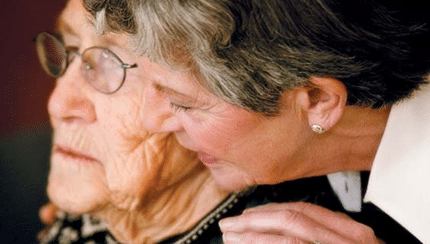
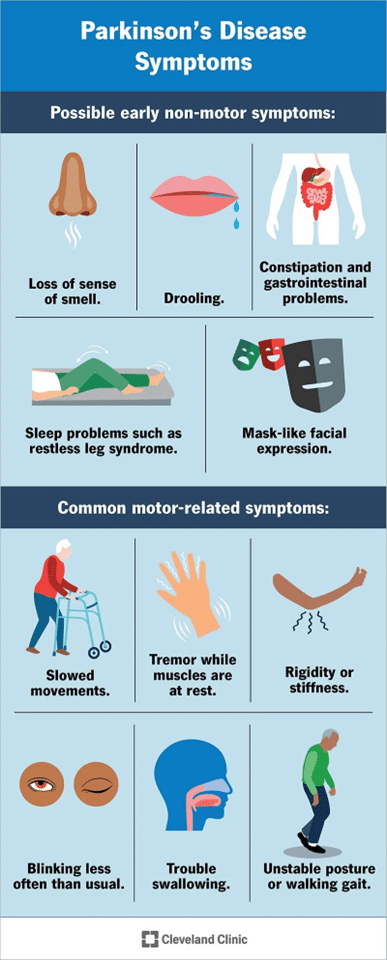
Causes
*Genetics. Individuals with a parent or sibling who is affected have approximately two times the chance of developing Parkinson’s. “There’s been an enormous amount of new information about genetics and new genes identified over the past 10 or 15 years that have opened up a greater understanding of the disease,” says Dawson
*Environmental Factors-Medical experts believe that environmental causes may help trigger Parkinson’s disease. Exposure to farming chemicals, like pesticides and herbicides; Vietnam-era exposure to Agent Orange; and working with heavy metals, detergents and solvents have all been implicated and studied for a clearer link. That said, it’s unlikely that most people who develop Parkinson’s disease do so because of exposure to environmental hazards.
*Age-The biggest risk factor for developing Parkinson’s is advancing age. The average age of onset is 60.
*Gender– Men are more likely to develop Parkinson’s disease than women.
*Head trauma– Repeated blows to the head — think boxers, like Muhammad Ali — likely increases one’s risk of developing Parkinson’s, but “at this point, we don’t know with 100 percent certainty that it causes the disease,” says Liana Rosenthal, M.D., assistant professor of neurology at the Johns Hopkins University School of Medicine. “Not everyone who gets head trauma is going to develop Parkinson’s, and we can’t say for sure that there’s a type, severity or frequency of head trauma that increases your risk.
Treatment
There is no one-size-fits all treatment for Parkinson’s. Rather, treatment should be tailored to an individual’s symptoms via a shared decision-making process with your healthcare provider.
Treatment may include things that you do yourself, such as exercise, or things that you do with oversight, such as physical therapy, occupational therapy, and speech therapy or talk therapy. It may also include medications specific to your needs, such as medications aimed at improving your movement, and others aimed at improving non-movement symptoms such as constipation, urinary dysfunction, or sleep. The treatment of Parkinson’s is often best served via Team Approach, with you – the person with PD – at the center and incorporation of your care partner, healthcare provider, therapists and other healthcare providers who treat specific symptoms of Parkinson’s.
*Exercise
*Prescription Medication
*Surgical Treatment Options
Tips for Living with Parkinson’s Disease
● Exercise Regularly.
● Be Fall Savvy.
● Sleep Well.
● Eat for Health.
● Expand Your Team.
● Be Proactive About Improving Your Quality of Life.
● Seek Support from Others.
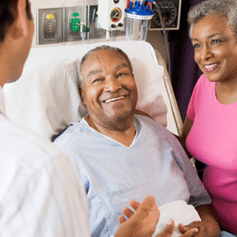
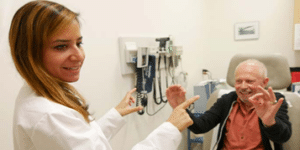
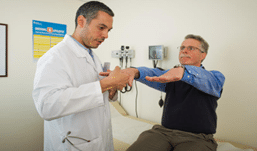
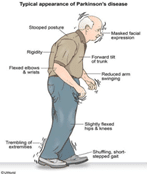
https://nationaltoday.com/parkinsons-awareness-month/
https://www.ncbi.nlm.nih.gov/pmc/articles/PMC3234454/
https://www.nia.nih.gov/health/parkinsons-disease
https://www.hopkinsmedicine.org/health/conditions-and-diseases/parkinsons-disease/parkinsons-disease-risk-factors-and-causes
If you or an aging loved one is considering elder care in Hillside, NJ, please contact the caring staff at Adult Alternative Home Care today. (888) 664-1769
- The Superfood You Shouldn’t Miss - April 9, 2025
- First Home Care Visit? Here’s The Inside Scoop - April 9, 2025
- Are Seniors Ready for a Disaster? - April 7, 2025
